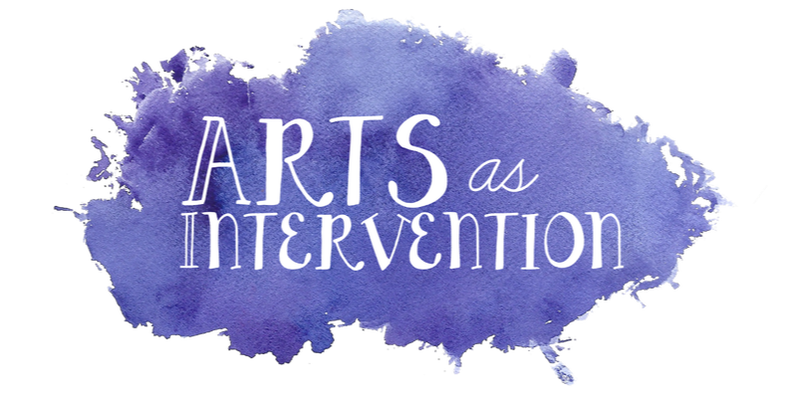
Now think about those moments when, at age 6, you were the most angry, sad, frustrated, scared, and vulnerable. How did you comfort yourself? What useful coping skills do you, even as your adult self, still use?
For most of us, at age 6, we did not yet have the language to articulate our thoughts and feelings, our hurts and vulnerabilities, the reasoning behind our tears and anger. For most of us, sounds, movement, facial expression, and imagery are what we had to let the world know something was wrong, that we weren't okay in that moment. It isn't until later on in life that most people acquire the skill to verbalize, "I'm really angry right now because Johnny said something to me that was really rude." At age 6, especially for children with trauma, it is very difficult to access words and be able to work through the problem by "talking-it-out," as not only do they not yet know the words, but their frontal lobes, or impulse-and-reasoning control centers of their brains are completely offline and not at all finished with developing. Instead, children often express such feelings somatically, non-verbally, with wordless sounds, aggression, or by shutting down.
This is where the arts come in. As an Expressive Arts Therapist working with Elementary School aged youth, I have found that when children are the most escalated, or quite simply do not yet know the words for their overwhelming emotion, trying to use conversation will fail us as providers over and over again. I am most successful in de-escalating my clients when I use the arts as intervention.
In Trauma-Informed Education Trainings, the feedback that I most consistently receive is that trainees (usually teachers and school staff at our partnering sites) want more interventions to use with the children they work with. What they fail to realize is that tone of voice, body posture, facial expression, a "Hello, welcome back!", and a smile are often powerful interventions, just as buddy lunches, Check-In Check-Out, and behavior contracts are. The most subtle interventions are often more useful, as they're most simple ways to build relationship and express "I unconditionally care for you" over time.
Nonetheless, as great of a relationship we have with a child, as great as our subtle or complex interventions are, our kiddos will still experience overwhelm in our presence at some point in time. As such, we need to have more than a smile and Check-In Check-Out in our toolboxes if we are not only to be effective in de-escalating a child, but also in teaching them adaptive ways to express themselves and get their needs met.
Enter: the arts! Remember your 6-year-old self? Remember what worked well for you? It was probably art, music, imagery, movement, going somewhere in your imagination, sounds, and/or working with clay or play dough that helped you calm down and be able to access your words again. Or perhaps it was building a fort and hiding out there for a while, drawing, burying your hands in sand, running on the playground until you couldn't run anymore, dancing, or singing.
When my clients are struggling to find their words or to even contain their bodies, I relinquish my desire to speak with them and hand them crayons or play dough instead. I often sit close to them and lead them through what we call animal breathing (breathing like a snake, bunny rabbit, elephant, bumblebee, etc.), which often not only calms them, but sometimes leads us to laughter. I often hand them the Feelings Flashcards in my office and ask them to show me what's happening inside, usually finding myself astonished at how many emotions they share using this visual cue that I'd never be able to access or understand just by speaking with them alone.
The arts allow not only for catharsis and calming, but they add depth, understanding, and new perspectives not just for the clinician, but for the client as well. Thus, the arts are tools that we have all around us at any given point to connect, understand one another, deepen self-awareness, and increase the capacity for a more nuanced emotional vocabulary. For our littlest ones, they might not be able to tell you what they're feeling or apologize to someone else for hurt they may have caused, but I bet you they can draw it! And when they do, simply asking them, "Tell me about this" and pointing to an image can lead you both to a new level of understanding that may not otherwise be possible.
Even with teens and adults this mentality is invaluable! When talking cannot express what one feels, what else can be used? Collage, visual arts, sand tray, archetype cards or figures, poetry, sound, drumming, dancing, mirroring, singing, listening to playlists of (fill in the blank emotion) songs, you name it! As an adult, my coping skills are listening to music, writing, running, cooking, and visual arts. What are yours? Might you try one of those with your clients?
So, what will you do the next time words fail you?

Danielle Saporta, Clinical Intervention Specialist

 RSS Feed
RSS Feed